One of the fastest-growing parts of the cannabis and hemp industry is the CBD sector. As a dietary supplement, cannabidiol (CBD), a chemical found in hemp and cannabis plants, is gaining popularity.
What exactly is CBD?
CBD is one of more than 100 cannabinoids, which are chemical substances present in cannabis and hemp plants. Tetrahydrocannabinol (THC), the most well-known cannabinoid, is responsible for the intoxication associated with cannabis ingestion. CBD, on the other hand, does not cause intoxication; instead, it has the potential to provide therapeutic and health advantages, but research into its medical applications is still ongoing.
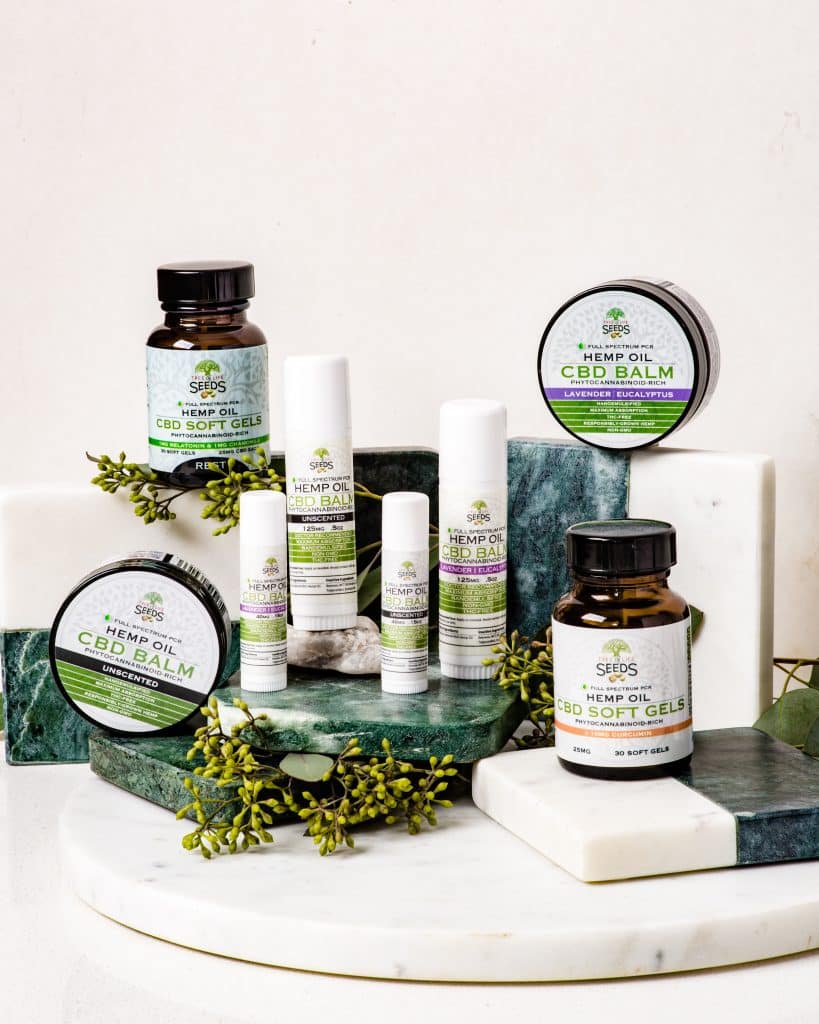
CBD, one of many chemicals contained in cannabis and hemp plants, has sparked interest due to its alleged therapeutic and health advantages. CBD oil is now available in tinctures, infused foods, topicals, and other products.
Nowadays, society is growing more open-minded and accepting of CBD. A lot of individuals are turning to it for pain relief, stress management, better sleep, and more; there are gas stations, restaurants, and local CVS stores now selling it.
Cannabis dispensaries, often known as marijuana dispensaries like dispensary santa ana california, are government-regulated physical locations where people can buy cannabis and cannabis-related products for medical or recreational purposes. They are typically located inside a retail shop or office building.
Cannabis has become significantly more accessible, with dispensaries all around the world, individuals can order edibles, joints, and other types of cannabis or drive over and pick them up.
What is the definition of a dispensary?
There are two categories of a dispensary. There is a recreational area as well as a medical dispensary. You may find one or both depending on the rules of the state.
Patients are familiar with dispensaries as places to get medicinal marijuana products, but secure access is just one of the numerous advantages of establishing regulated medical marijuana programs.
Dispensary for Medical Use
The conditions for attaining a medicinal marijuana license differ by state. Cancer, AIDS, chronic pain, migraines, and any other illness for which marijuana can provide treatment are among the ailments that are legal in California.
When it comes to obtaining a license, other states are more stringent. In New Jersey, for example, a medical marijuana card can only be obtained if you have a “debilitating” medical condition.
When visiting a medical dispensary, you must have documentary evidence. Once inside, you’ll need to show that you’re there for medical reasons by registering with reception.
The Cannabis Recreational Dispensary
Recreational dispensaries like the dispensary santa ana california have become much more frequent as marijuana has become legalized across the United States.
You don’t need a medical license or pay for a doctor’s visit if you go to a recreational dispensary. All you need to get in is your driver’s license to prove you’re at least 21 years old.
In recreational dispensaries, smoked flowers, edibles such as brownies, cookies, mints, cupcakes, and more, as well as sauces and joints, will all be accessible.
Because state laws vary, finding the correct dispensary for you will be determined by your location.
The clientele at dispensaries are typically older, value access to specific strains of cannabis, and require larger doses of cannabis to address their therapeutic condition.
People who use dispensaries are older than those who do not, possibly reflecting the fact that the services provided by these dispensaries, such as storefront access and individualized service, may be particularly desirable to older persons. Access to their favored strain was more crucial to dispensary customers than it was to those who did not use dispensaries. When it came to cannabis use, dispensary customers were more inclined to consume greater doses.
Cannabis shops are not selling to minors, and their products are not being diverted to the underage market.
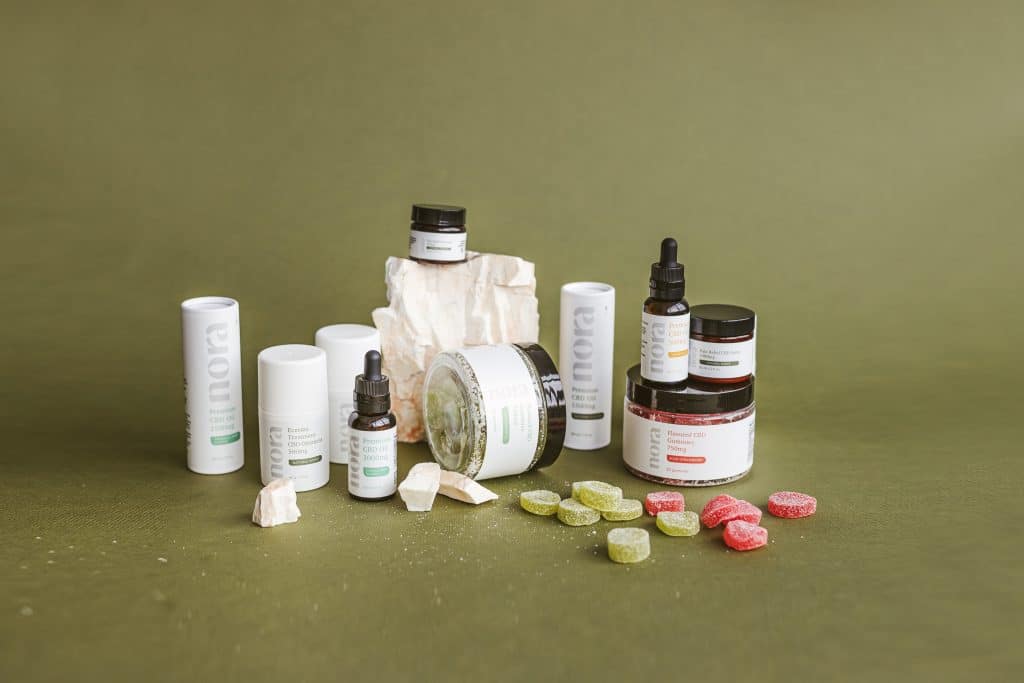
The significance of Cannabis Dispensaries
Having access to a safe environment
Patients can acquire marijuana in a safe and health-focused atmosphere at dispensaries. Obtaining cannabis outside of a dispensary has been described by many patients as a difficult, unpleasant, and occasionally frightening process. It’s simpler to build a healthy relationship with cannabis that’s built on a foundation of education and accountability once patients are removed from harmful environments. One of the most important objectives of any well-regulated medical marijuana program is to ensure that patients have safe and legal access to marijuana. It will be easier for patients and clinicians to support responsible behavior once this aim is met.
Personal Care and Attention
Dispensaries can provide information and assistance to their patients that would otherwise be unavailable in other contexts by developing personal relationships with them. Patients are made to feel at ease and encouraged to speak with the sales team about their health objectives and experiences. Based on their understanding of the patient’s condition, experienced workers can make product selection and dosage suggestions. Patients benefit from this interaction because they can make better decisions and use cannabis in a way that is tailored to their own needs. When each patient has access to science-based instructions on how to use cannabis responsibly, abuse and dependence are less likely to arise.
Product Selection and Quality
Modern medical marijuana farmers use sophisticated breeding and production techniques to create personalized solutions for patients with specific needs. A patient may be able to better treat their disease by identifying the proper strain or substance for their specific symptoms, avoiding unpleasant side effects or other undesirable results. Patients learn to titrate (tune) their dose to attain desired results without being overmedicated.
Furthermore, enhanced genetics, such as CBD-rich strains, provide symptom treatment without intoxication, opening up revolutionary new possibilities for patients wanting a less intense cerebral experience. Patients who want to restrict their consumption and predict the consequences of the goods they consume can benefit from laboratory testing and labeling for potency and purity. Overall, this knowledge helps to allow better ways to cannabis intake that limit potentially harmful experimenting and poor effects.

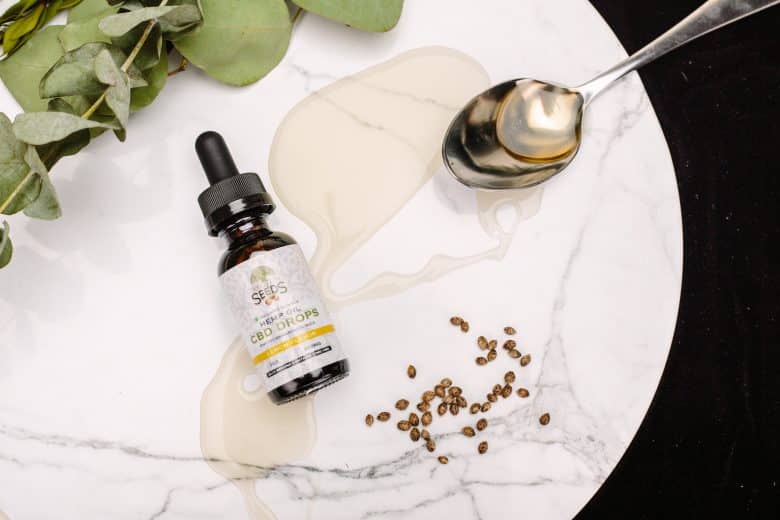









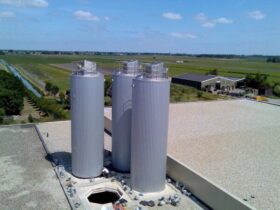

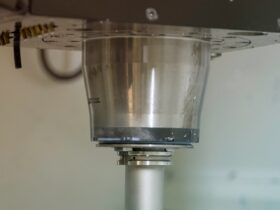
Leave a Reply